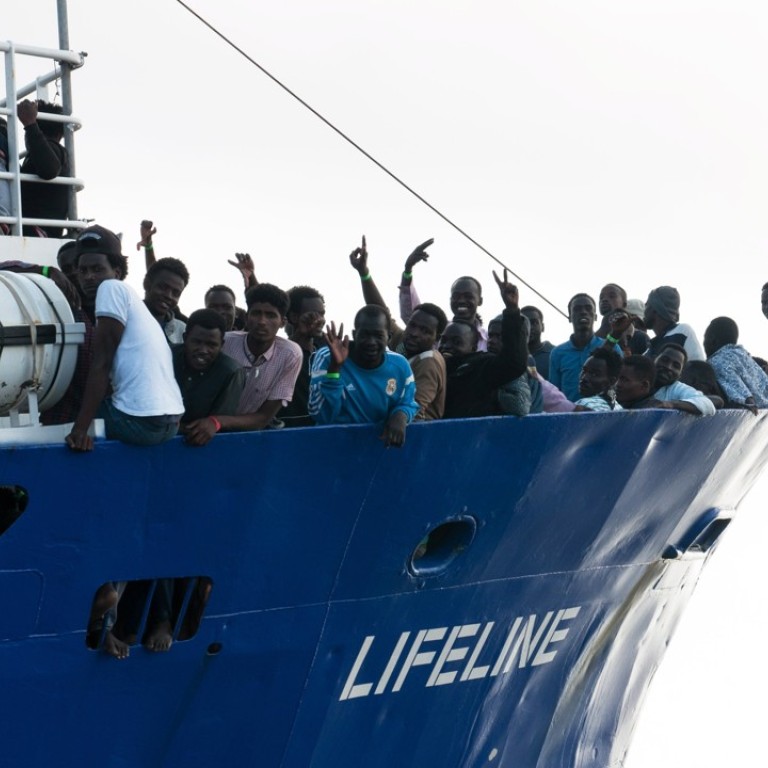
Six EU countries agree to take in 233 migrants stranded on private rescue ship off Malta
French President Emmanuel Macron says German NGO Lifeline is ‘playing into the hands of smugglers’ by coming to the migrants’ rescue when the Libyan coastguard was already on the scene
Six EU countries have agreed to take in over 200 migrants stranded on a rescue ship off Malta’s coast, French President Emmanuel Macron said Tuesday, after days of bickering between member states over their fate.
Each of the member states, which include France, Italy and Portugal, will take “a few dozen individuals” of the 233 migrants on board the Lifeline vessel, Macron said in Rome after talks with Pope Francis.
However, Macron also criticised the German NGO running the ship for contravening “all the rules” by coming to the migrants’ rescue when the Libyan coastguard was already intervening.
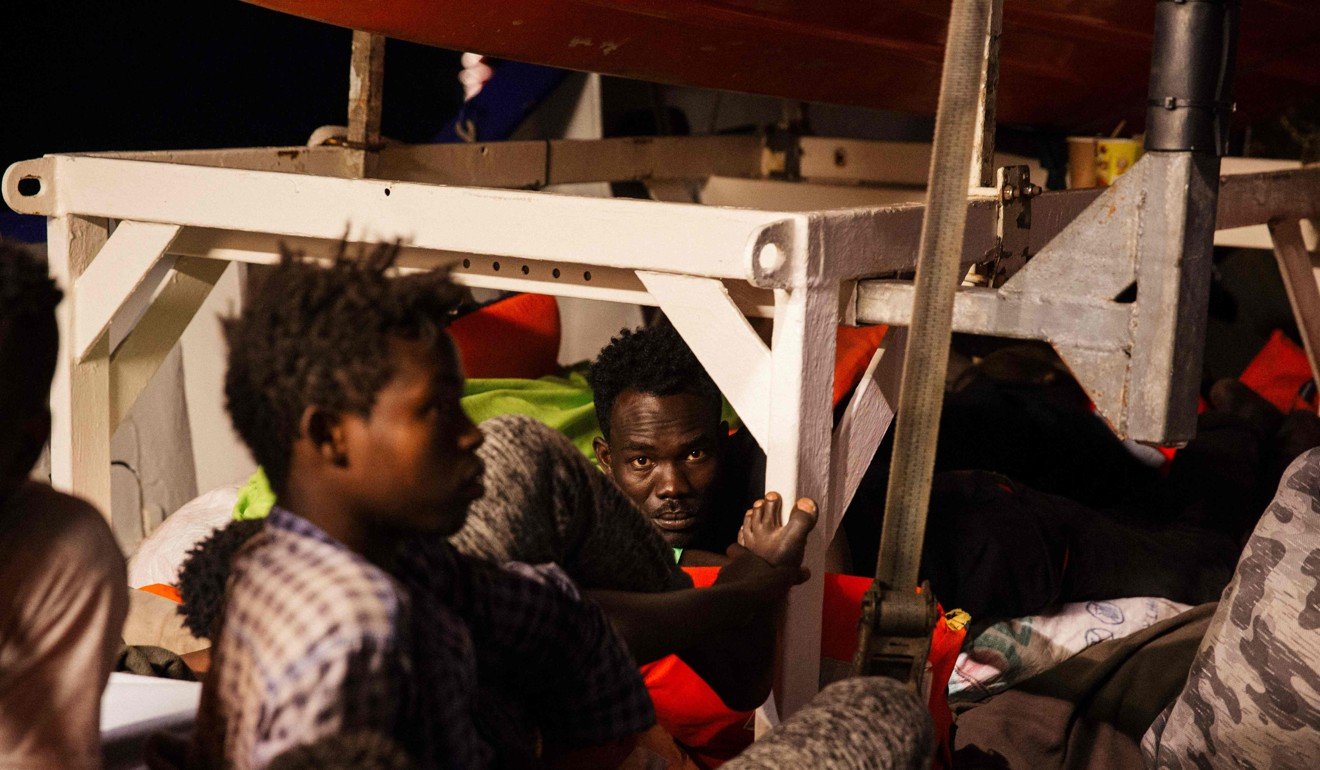
Macron’s comments came after Malta said it would only allow the migrants to land if fellow European Union countries took their quota.
The vessel’s fate has hung in the balance since last week as bloc members remained at loggerheads over how to handle the influx of people trying to reach the continent.
The ship had rescued the migrants, including children and pregnant women, on Thursday but Malta and Italy initially refused to take them in.
However, Valletta agreed Tuesday to let the ship dock once other EU states confirmed they would help.
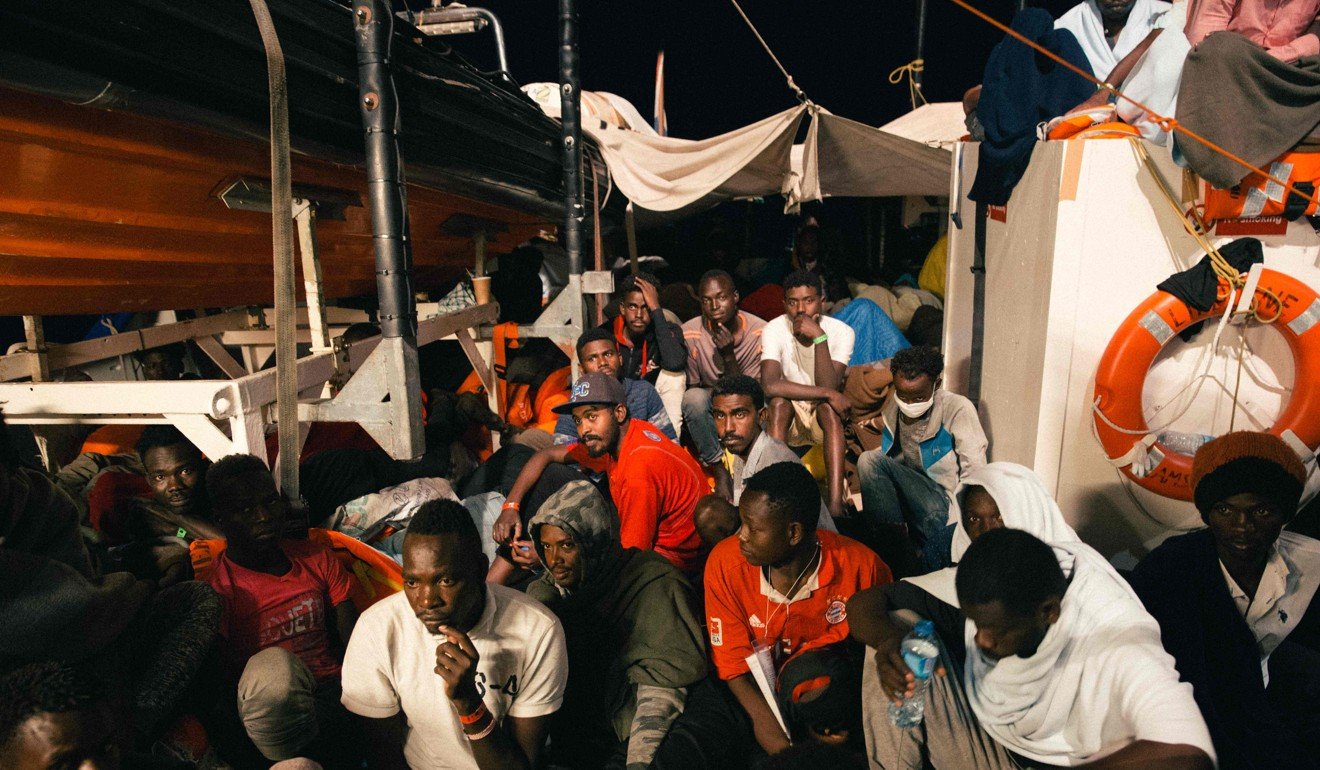
The Lifeline NGO meanwhile said it had received a message from Malta at 6pm local time on Tuesday still banning it from entering “territorial waters”.
Italy’s far-right Interior Minister Matteo Salvini quickly hailed the news that a second migrant ship he had turned away would be taken in elsewhere.
Earlier this month, Rome rejected the Aquarius ship carrying 630 migrants, forcing it to eventually dock in Spain.
“For women and children really fleeing the war the doors are open, for everyone else they are not!” Salvini tweeted.
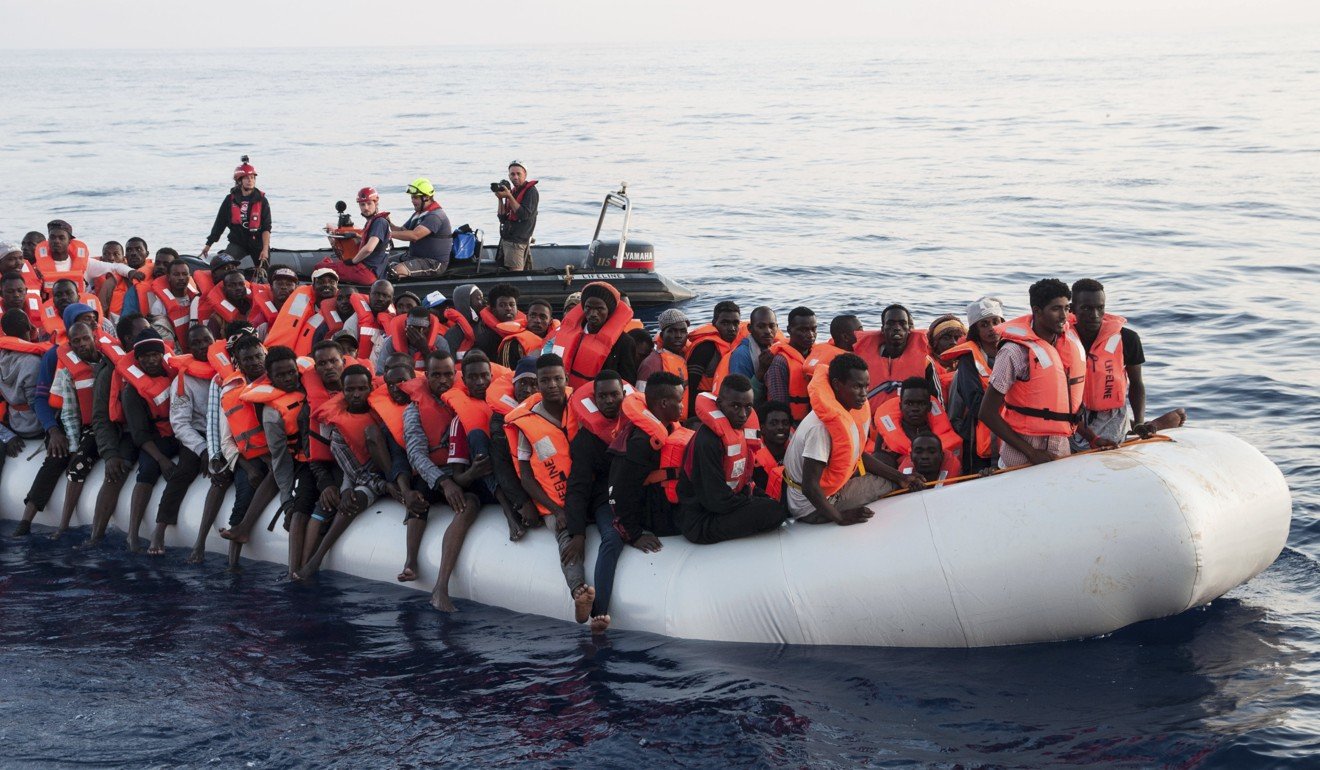
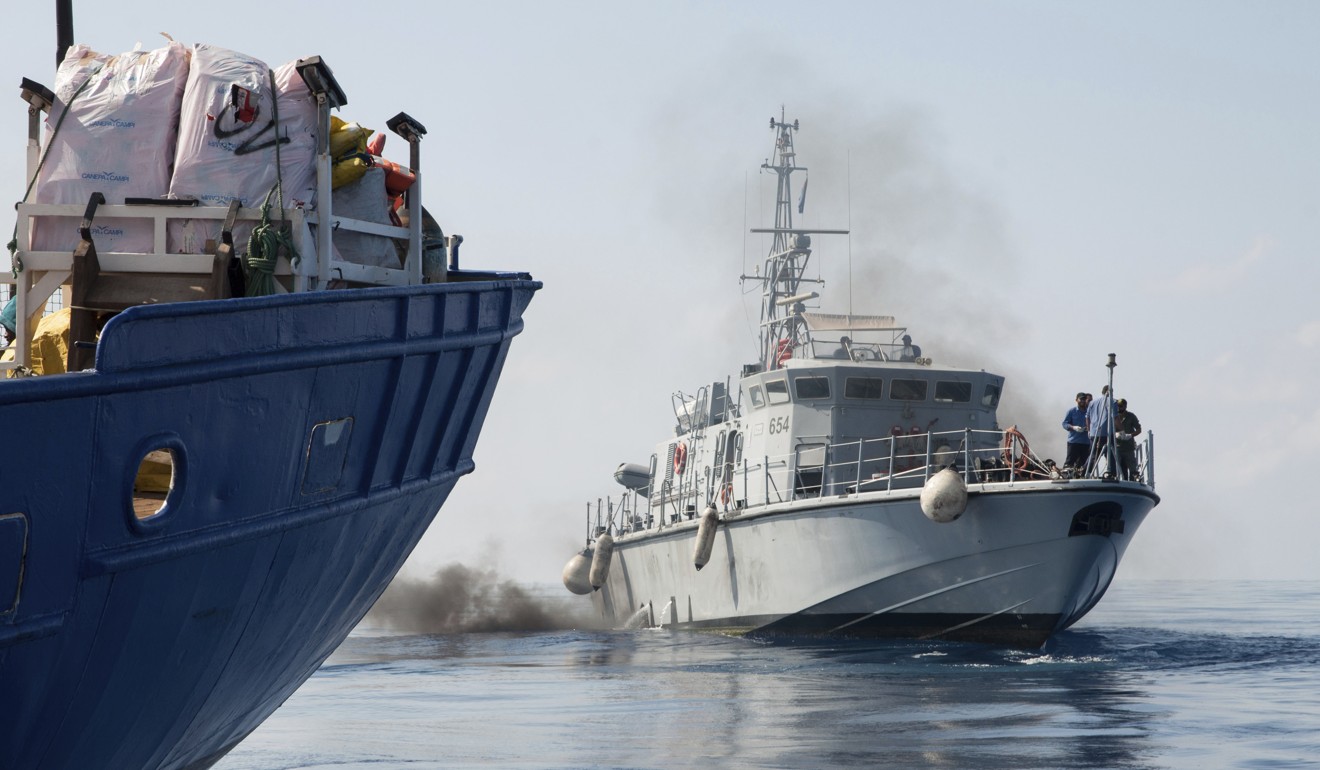
The decision by Italy’s new hardline government and Malta to turn away rescue vessels has plunged Europe into a political crisis over how to collectively handle the huge numbers of people fleeing war and misery in Africa, the Middle East and Asia.
French government spokesman Benjamin Griveaux earlier told RTL radio that “a European solution seems to be emerging”.
He insisted there was no migrant “crisis” but urged leaders “to respond quickly to an urgent situation”.
Spanish Prime Minister Pedro Sanchez also said Tuesday that Madrid would take part in a “joint response” over Lifeline, but “several countries must participate”.
Italy and Malta say they are unfairly bearing the brunt of the new arrivals, while other European countries are urging more forceful policies to block their entry.

.png?itok=arIb17P0)